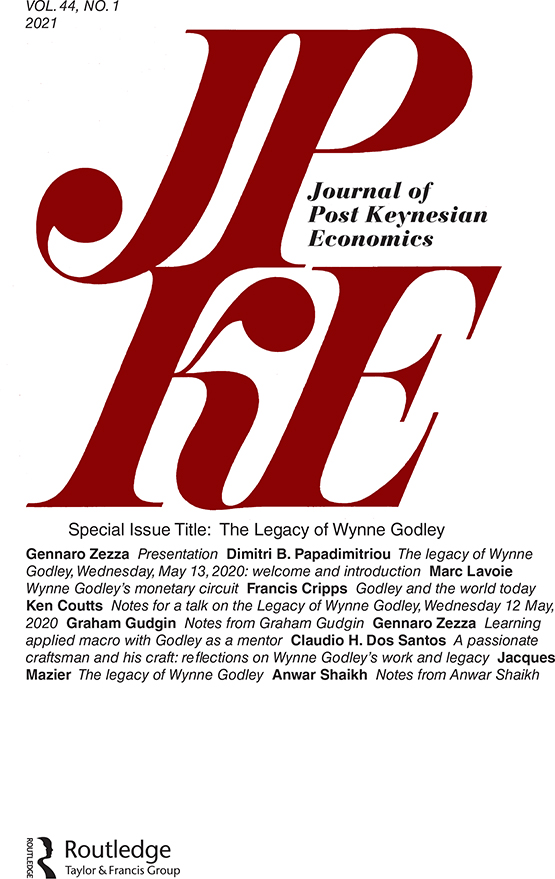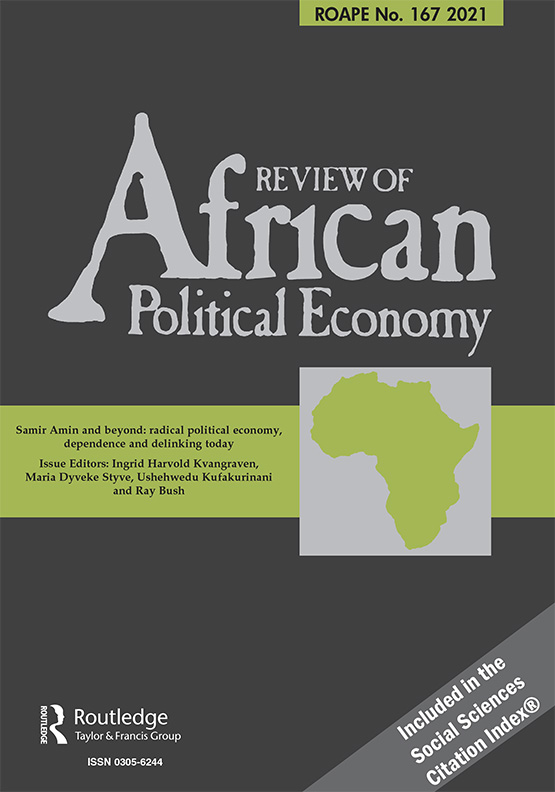There was a recent critique of neochartalism by Costas Lapavitsas and Nicolás Aguila at the Developing Economics blog titled Monetary Policy Is Ultimately Based On A Theory Of Money: A Marxist Critique Of MMT.
Now, I don’t think that there is any Marxist theory of money, The true description of money and everything else can only be via using national accounts and the flow of funds, like Post-Keynesian stock-flow consistent models but the article has some interesting critique:
For Marxist political economy, monetary sovereignty depends on the relationship between capitalist accumulation in a nation-state and the ability to acquire world money, which in turn reflects a country’s place in the world market. The need for world money becomes clear once we consider capitalism as a global system, as it is needed for commodity transactions, the transfer of value, and the settlement of obligations among different parts of the world. The passage from the national to the international realm is a major problem for neo-Chartalist theory as there is no supranational state choosing units of account or having the power to tax at the international level.
The capacity to acquire world money necessary for participation in the world market differs dramatically among nation-states, and thus the global monetary system is hierarchically structured. In contemporary capitalism, one country, the U.S.A., issues quasi-world money, subject to competition by others. The lack of monetary sovereignty for other countries, far from being a policy choice, results from their subordinated position in the international hierarchy. This is particularly relevant for analysing economic policy in developing countries, where MMT prescriptions lose much of their appeal …
As long as countries are trading goods and assets with the external world, the acceptability of the currency is critical. Here taxing residents isn’t sufficient to make the currency acceptable to foreigners.
There’s an implicit wrong idea in neochartalism that the exchange rate adjusts smoothly to make things fine. A sort of an invisible hand sneaked in.
So unlike what neochartalists (the ones calling their theory “MMT”) say, floating the value of the currency won’t do the trick. It’s not like there’s always a price, sometimes there is no price to clear the foreign exchange market and the government might need to step in and meet the demands of investors.
Fiscal policy has a strong role to play, but ultimately exports have to rise in the long-run and fiscal policy becomes endogenous to it as Nicholas Kaldor had argued.
To make matters complicated, neochartalists also say similar things without saying that they realised these things only after they were challenged and forced to make changes. Big changes!
Thomas Palley likes to point out that neochartalism is a mix of old and new and the new is significantly wrong. The new relies heavily on claims about acceptance of currencies in the international markets. Such erroenous notions make them claim things like current account deficits are indefinitely sustainable. As long as acceptability of the domestic currency is not cast in stone, that’s of course not true.

